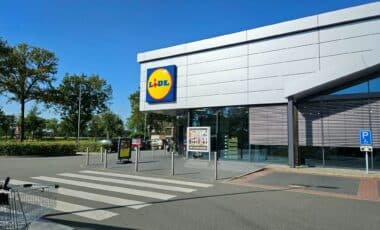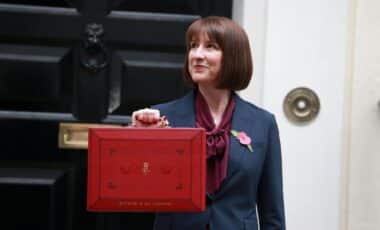UK households are responding to higher grocery costs by cooking with fewer ingredients and choosing budget-friendly products. Grocery inflation in July reached its highest level since January, with families potentially facing an additional £275 on their annual food bills.
Consumers across the UK are adjusting their shopping and cooking habits as rising prices for everyday items put increasing pressure on household budgets. Simpler meals and private-label goods are becoming key strategies to manage costs.
Retail analysts have noted a marked shift in how Britons approach mealtimes and shopping. With food inflation rising for the third consecutive month, supermarket behaviour is evolving, and consumer confidence in affordability is being tested.
Simpler Cooking Habits Emerge as Food Bills Climb
Rising food prices are influencing not only what Britons buy, but also how they prepare meals at home. According to research company Worldpanel, nearly seven in ten evening meals now consist of fewer than six ingredients, reflecting a wider shift towards streamlined, cost-effective cooking.
Fraser McKevitt, head of retail and consumer insight at Worldpanel, stated that “own-label products, which are often cheaper, continue to be some of the big winners,” with their sales growing by 5.6% compared to a 4.9% increase for branded items.
The current rate of grocery price inflation has reached 5.2%, up from 4.7% in June. This marks the highest level recorded since January 2024.
If this trend holds, the average annual household grocery bill — currently at £5,283 — could increase by approximately £275. The shift in food preparation habits is closely tied to rising concern, with Worldpanel noting that nearly two-thirds of UK households are “very concerned” about the cost of groceries.
Discount Retailers Gain Ground as Households Seek Value
The pressure of inflation is altering the competitive landscape of British supermarkets. German discounter Lidl recorded a record market share of 8.3% in July, driven by the addition of over 500,000 new customers, according to Worldpanel.
Similarly, online grocer Ocado posted a 11.7% rise in sales over the 12 weeks ending 14 July, although its market share remained unchanged at 2%. In contrast, Asda and Co-op experienced sales declines of 3% and 3.7%, respectively — both also impacted by recent cyber-attacks.
According to the Office for National Statistics, the consumer prices index increased by 3.6% in June, with food prices rising by 4.5%, driven by products such as milk, eggs, cheddar cheese and meat.
Industry representatives have pointed to a combination of rising wage costs, challenging harvests, and a potential revision of business rates as contributing factors.
British Retail Consortium chief executive Helen Dickinson said that “retailers are doing everything they can to shield customers from these mounting pressures,” but warned that cost absorption has its limits.









